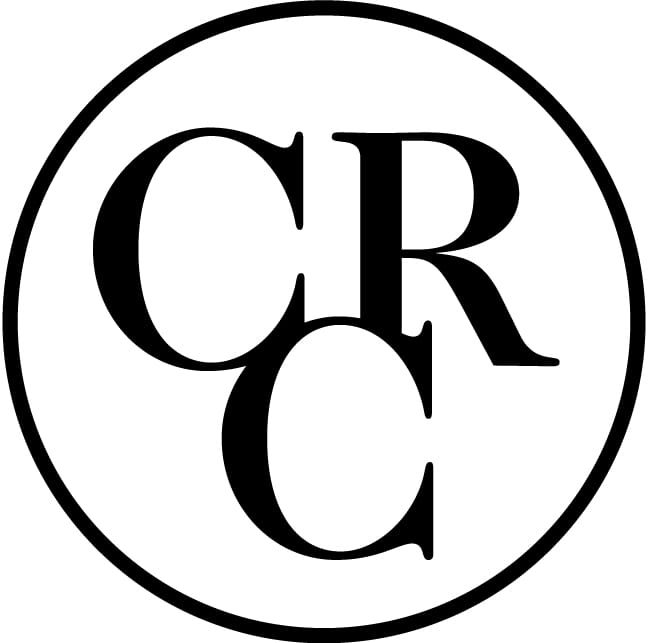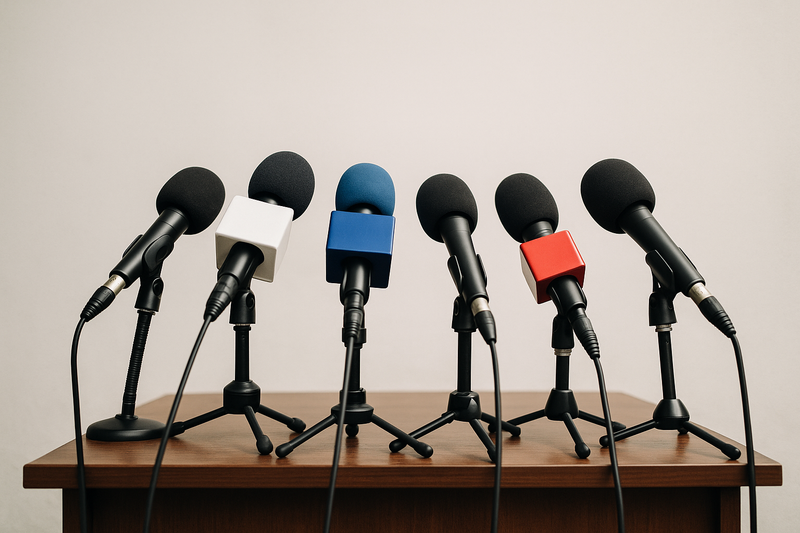Is the knowledge gap the main reputational threat to the pharma industry?
Roche, Novartis, and GSK are the world’s top pharma companies by reputation - according to a new analysis by the intelligence company Caliber, headquartered in Copenhagen. Congrats to these global leaders, this is the result of all their company actions, including some well-designed corporate brand strategies.
What’s more surprising to me is that the survey, which was conducted among the general public in 13 markets, also shows that the reputation of the industry as a whole “has one of the worst reputations, equal to telecoms and better only than the energy sector.” It even declined over the previous year.
Reputation levels tend to fluctuate and after experiencing a general increase during the COVID-19 pandemic, where they industry was able to really showcase the contribution to society at large in a very tangible way, the pharma industry is apparently back among the industries which struggle with structurally challenged reputations.
In my view, a large part of the solution to building a better reputation for the industry is tied to the concept of familiarity. The general public is not familiar with the companies behind the products. The Caliber analysis confirms this. Out of 34 companies survey, only eight companies showed familiarity scores above the standard 15% familiarity threshold, meaning that the other 26 companies can hardly be considered as generally known among the general public.
In reputation management, lack of knowledge and understanding among respondents is often connected to unfavorably assessments, while an increased awareness level in respondents correlates to more positive verdicts. Narrowing the knowledge gap pays off.
Some of the companies not well known to the general public include: Novo Nordisk (14% global familiarity), BioNTech (12%), Sanofi (10%), Eli Lilly (9%), Takeda Pharma (8%), Merck & Co, Merck KGaA and Boehringer Ingelheim (all 7%). For industry insiders, this will most likely come as a huge surprise and potentially as a wake-up call. And no, flying under the radar is no longer an option. We need to take the perception of the general public serious.
If the industry reputation increased during the COVID-19 pandemic because the social contributions suddenly became very clear, this may also offer a hint as to how the industry can move up in the industry reputation rankings. Pharma companies should continue to strive to showcase how they contribute to better health, improved quality of life, more resilient communities, while acting as responsible corporate citizens.
They do this already, yes. But if we should take a cold, hard look at how successful we are at reaching the general public and shaping more accurate perceptions, then I think it is fair to say that we have work to do. The industry invests heavily in building product brands in the minds of healthcare professionals - now may be the time to increase the spend to building better corporate brands and reputations in the minds of citizens.
The best companies invest solidly in this and run amazing partnerships within sports, health, and access to medicines, among other themes. Yet, the reputation of the industry as a whole is on the same level as energy and telecom companies... We need to do better. We need better and more relevant partnerships, more creative and innovative social contributions, and more + better communication of all these contributions. That way the pharma industry reputation can start to align more with reality and with with how insiders see themselves.
Thanks for reading all the way to the end here and please do share your comments and thoughts.
You can find the analysis here: Top Pharmaceutical Companies — by reputation 2024 (groupcaliber.com)







